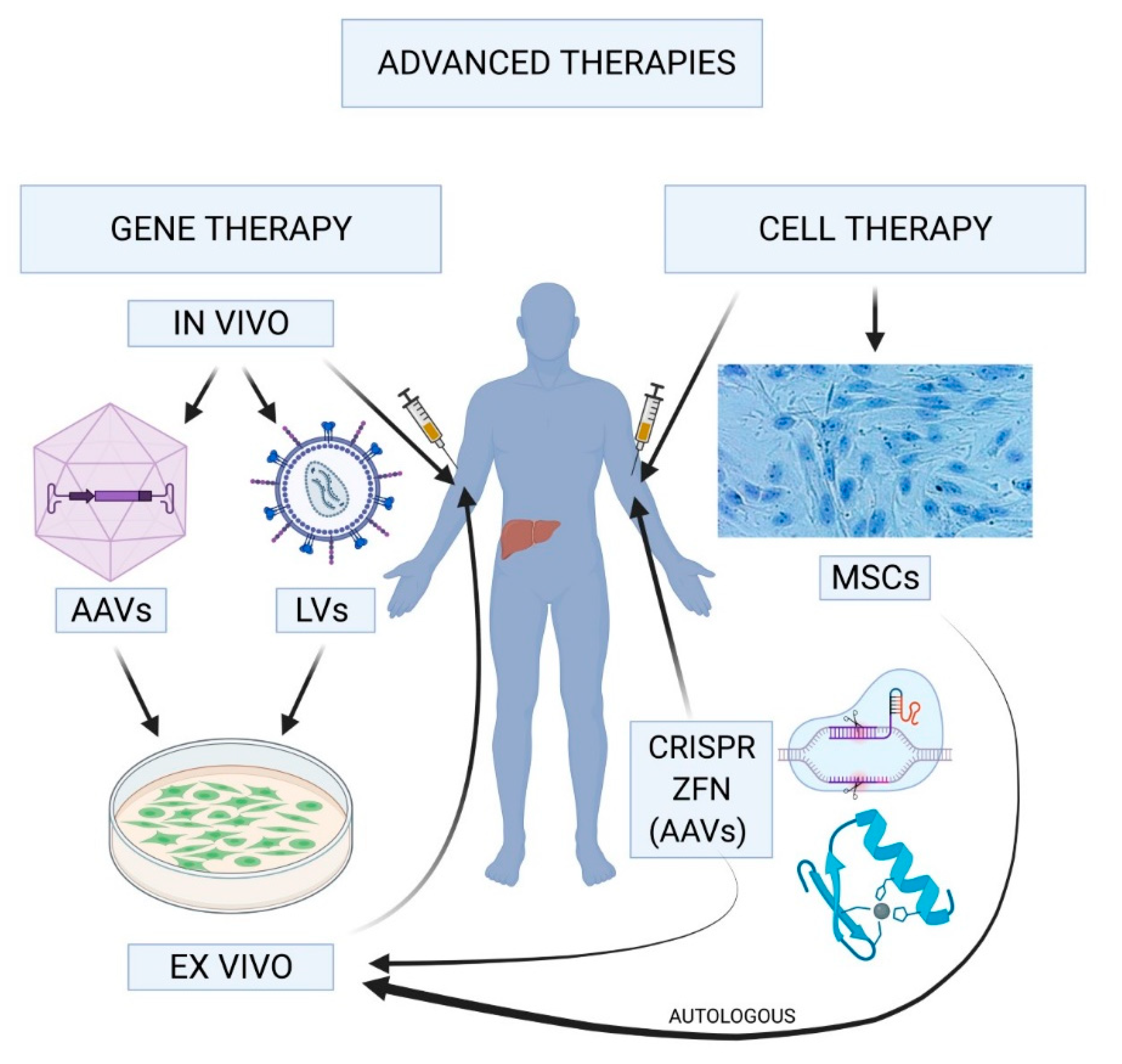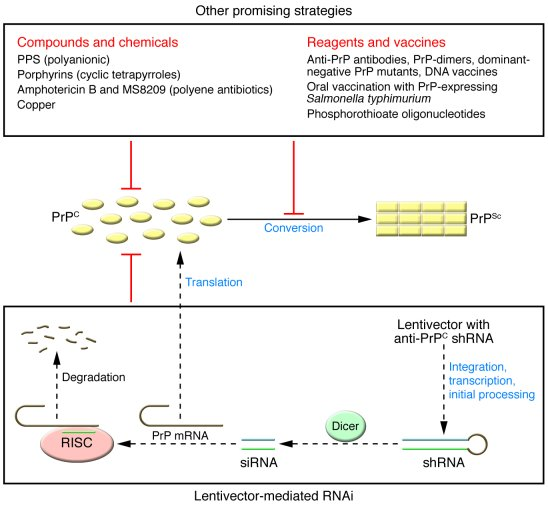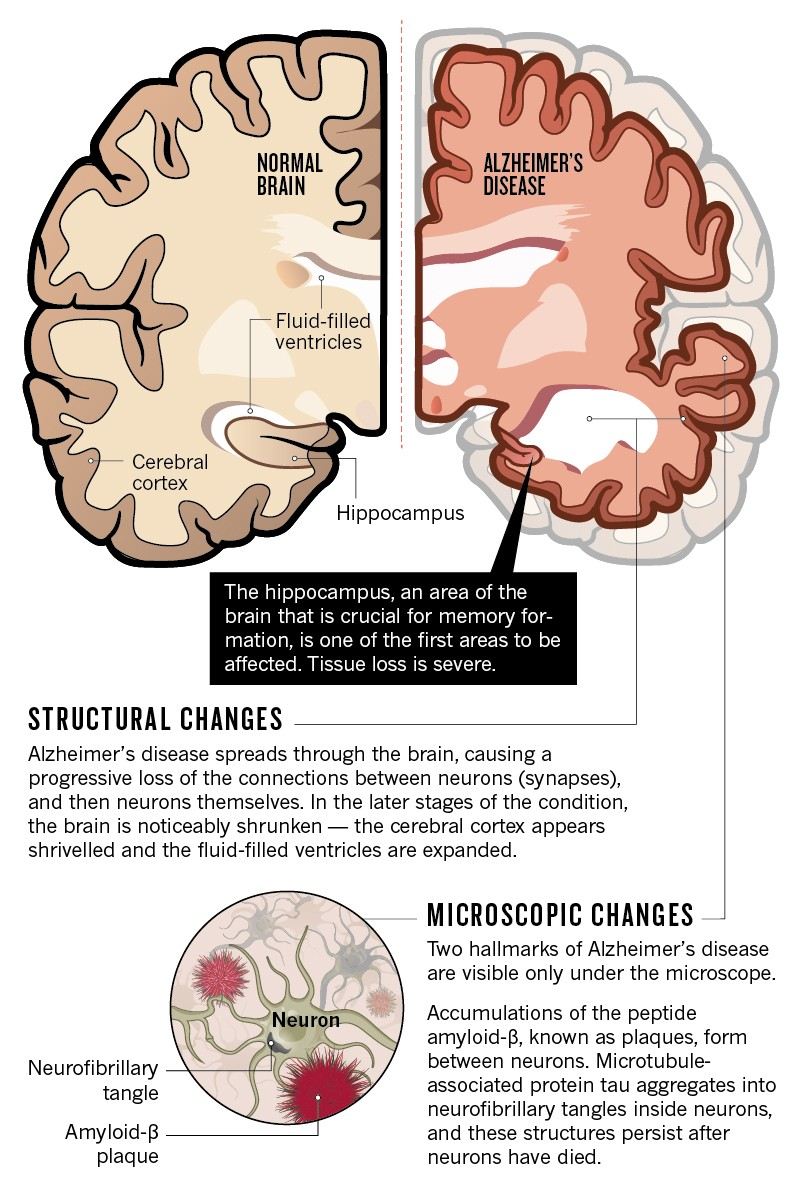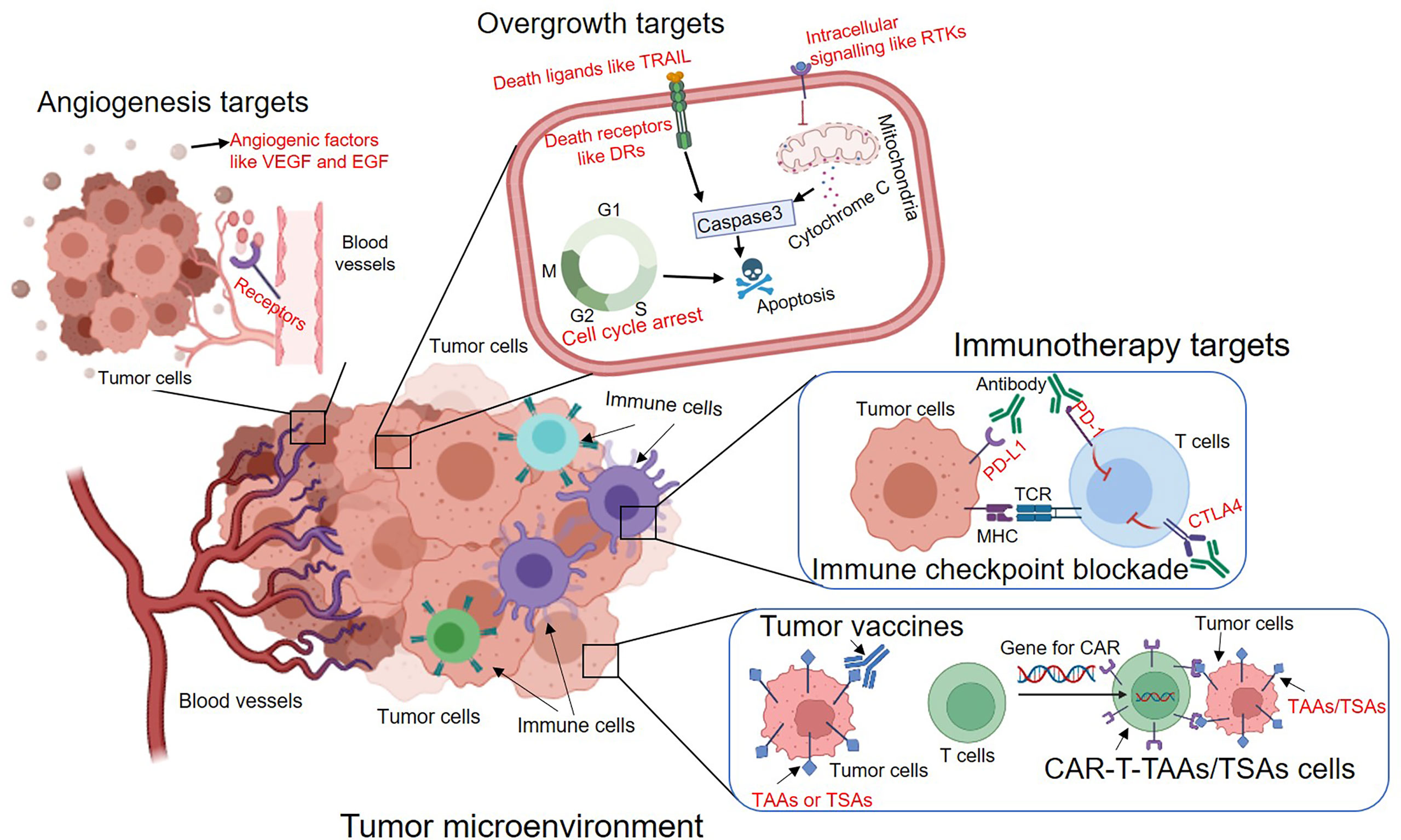Gene Therapy for Hemophilia: A New Dawn in Treatment
Gene therapy for hemophilia is emerging as a groundbreaking treatment, offering patients a chance to live free from the constant threat of bleeding episodes.This revolutionary approach utilizes innovative techniques to deliver genes that can produce the missing clotting factor, fundamentally changing how hemophilia is managed.
Shared Meals and Happiness: A New Indicator of Well-Being
Shared meals and happiness are intricately connected, as evidenced by various studies highlighting the positive effects of social dining on our well-being.When individuals gather around a table, they not only nourish their bodies but also foster emotional bonds that contribute significantly to overall life satisfaction.
Treatable Genetic Disorders: Early Intervention Opportunities
Treatable genetic disorders represent a groundbreaking frontier in maternal-fetal medicine, offering hope to families through timely diagnoses and early interventions.Recent studies indicate that nearly 300 genetic conditions can be identified and effectively managed during pregnancy or in the first week after birth, paving the way for enhanced prenatal genetic testing.
Prion Disease Treatment: A New Hope with Gene Editing
Prion disease treatment is at the forefront of groundbreaking research aimed at addressing some of the most devastating neurodegenerative disorders known to science.These conditions, such as Creutzfeldt-Jakob disease and fatal familial insomnia, are caused by misfolded prion proteins that lead to irreversible brain damage and ultimately death.
Managing Stress During an Apocalypse: Essential Strategies
Managing stress during an apocalypse requires a multifaceted approach, especially in the face of mounting global crises like climate change and pandemics.In such tumultuous times, effective stress management is vital for both individual and communal survival.
Harvard Scientists Breakthrough Prizes Honored for Innovations
In an exciting affirmation of innovation in health and science, three Harvard scientists have been awarded the prestigious 2025 Breakthrough Prizes.Recognized as the “Oscars of Science,” these awards highlight significant advancements, particularly in fields such as gene editing breakthroughs, MS research advances, and the development of effective GLP-1 treatments.
Age-Related Brain Diseases: 17 Modifiable Risk Factors
Age-related brain diseases, which encompass conditions such as dementia, stroke, and late-life depression, pose significant health challenges as the population ages.As researchers from Mass General Brigham reveal, identifying and modifying key risk factors can greatly reduce the likelihood of developing these debilitating conditions.
Self-Deprecating Humor: A Path to Better Mental Health
Self-deprecating humor, the art of playfully making fun of oneself, can be an enlightening approach to connect with others while promoting personal well-being.This unique form of humor carries numerous benefits, including enhanced self-acceptance through humor, better mental health, and improved social interactions.
Targeted Molecular Therapies: Advancements in Cancer Treatment
Targeted molecular therapies represent a groundbreaking advancement in cancer treatment, focusing on the unique genetic mutations and protein interactions that drive tumor growth.These innovative approaches aim to precisely disrupt the mechanisms behind uncontrolled cellular proliferation by utilizing small molecules known as “molecular glues.” Research has revealed how these molecular glues can bind to proteins that typically don’t interact, prompting the degradation of oncogenic proteins critical to cancer progression.
Primary Care Reimbursement: Innovative Solutions Ahead
Primary care reimbursement is a pressing issue affecting health systems across the United States, where a decline in financial support has left many primary care providers struggling to meet rising patient demand.As healthcare funding becomes increasingly tied to innovative payment models, initiatives like Accountable Care Organizations (ACOs) are reshaping the landscape.









